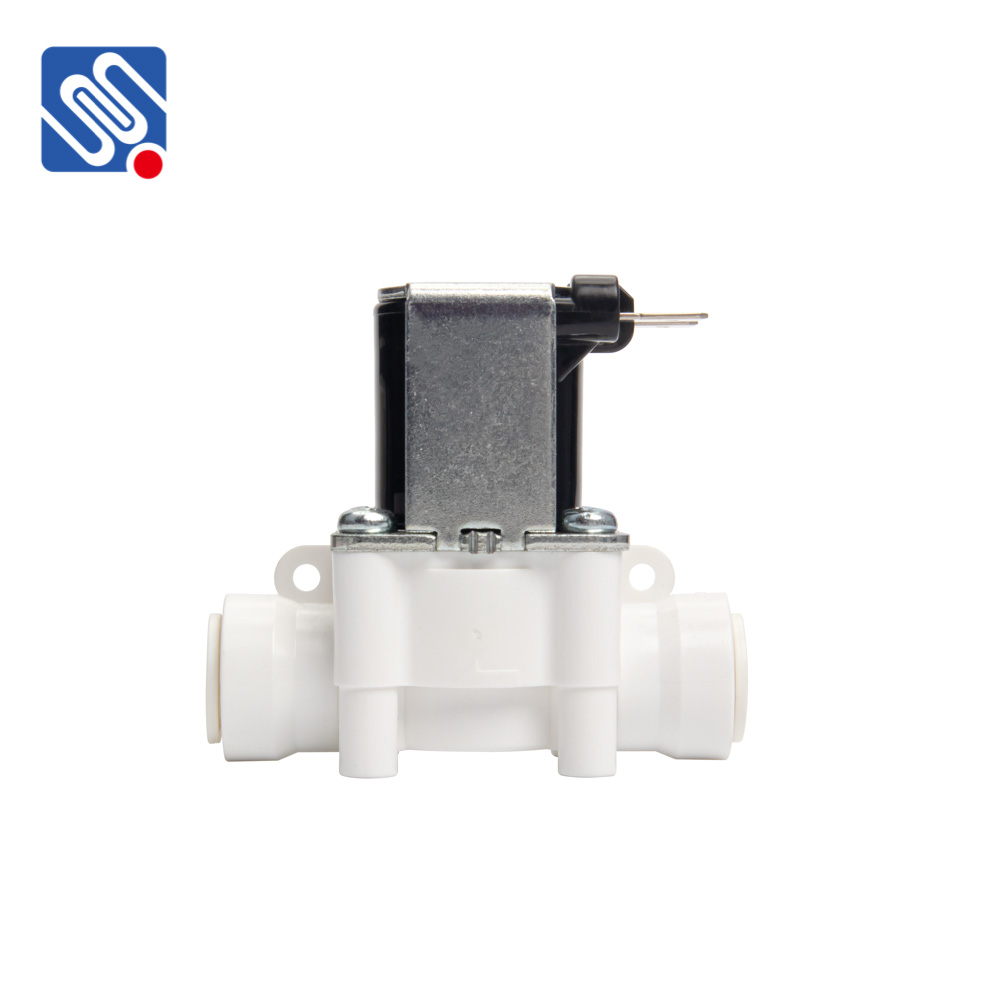Filtration systems play a crucial role in various industries, from water treatment to air filtration in manufacturing processes. One critical component that ensures the smooth operation of these systems is the Filtration System Solenoid Valve. This valve is an electrically controlled device that regulates the flow of liquids or gases, playing a key role in maintaining system efficiency, prolonging the life of filters, and ensuring the purity of the fluid being filtered.

What is a Filtration System Solenoid Valve? A Filtration System Solenoid Valve is an electromechanical device that controls the flow of a fluid through a filtration system. This valve consists of a coil, a plunger, and a spring. When electrical current flows through the coil, it creates a magnetic field that moves the plunger, which in turn opens or closes the valve. The primary function of this valve is to either allow or stop the flow of fluid through a filtration system, based on the requirements of the system at any given time. The Role of Solenoid Valves in Filtration Systems
Solenoid valves in filtration systems provide precise control over the flow of liquids or gases, ensuring that the filtration process proceeds efficiently and without interruption. Some of the main roles of these valves include: